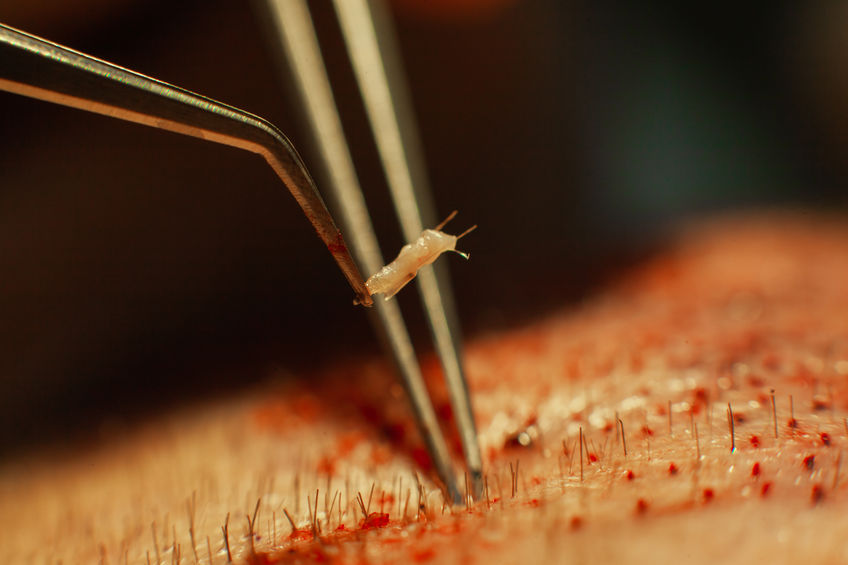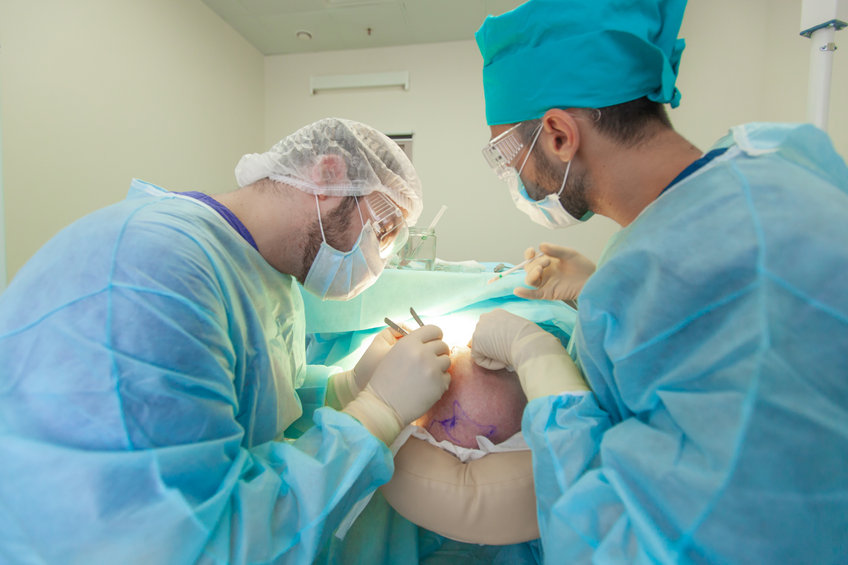The loss of a tooth can affect the aesthetics of your smile, self-confidence, and overall quality of life. If you are looking for a long-term and cost-effective solution, dental implants in Turkey have become an increasingly popular option. Every year, thousands of international patients choose Turkey for high-quality dental care at prices significantly lower than those in Europe or North America. But what explains this growing success? And what factors should be considered before making a decision?
Why Choose Turkey for Your Dental Implants?
Turkey has become a top destination for dental implants for several reasons. Firstly, the cost of implants is significantly lower than in Europe or the United States. This price difference is due to a lower cost of living and a more favorable cost structure for Turkish clinics. As a result, patients can receive high-quality dental care at two to three times lower prices than in Western countries.
Additionally, Turkish dental clinics invest heavily in state-of-the-art equipment. They use advanced technologies such as 3D imaging for precise diagnoses and high-quality materials that meet European standards. Many dentists in Turkey are internationally trained and follow strict surgical protocols to ensure safe procedures.
Another significant advantage is the comprehensive patient care. Most clinics in Turkey offer all-inclusive packages that cover travel arrangements, airport transfers, accommodation, and language assistance. This makes the process smoother for international patients, allowing them to focus on their health while experiencing Turkey’s rich culture.
How Is a Dental Implant Procedure Performed in Turkey?
The process of getting dental implants in Turkey follows a strict medical protocol and consists of several key steps. Each phase is essential to ensure the success and durability of the implant.
-
Preliminary Consultation and Diagnosis
The journey begins with an initial consultation, often including X-rays or a 3D scan. These examinations help the surgeon assess the condition of the jawbone and determine if additional procedures, such as a bone graft, are necessary. This step is crucial to prevent complications and ensure optimal implant placement. -
Implant Placement Surgery
The first surgical procedure involves inserting the titanium implant into the jawbone under local anesthesia. This process typically takes 30 minutes to an hour per implant. Once placed, the healing phase begins. -
Healing and Osseointegration
A healing period called osseointegration follows, during which the implant fuses with the jawbone. This phase is critical for ensuring long-term stability and can last three to six months, depending on the patient’s recovery rate. -
Crown Placement
Once healing is complete, a second procedure is scheduled to attach a connector (abutment) and a custom-made crown. The zirconium or ceramic crown is designed to match the appearance of a natural tooth perfectly. Some clinics offer immediate loading implants, where a temporary crown is placed on the same day, but this depends on the patient’s oral health condition.
What Are the Risks and Precautions?
Like any surgical procedure, dental implant placement carries some risks, even though the success rate exceeds 95%.
- Post-operative infections are among the most common risks but can be prevented by following strict oral hygiene instructions and taking prescribed antibiotics.
- Other complications include implant rejection, poor bone integration, or nerve damage. To minimize these risks, choosing a reputable clinic and informing the medical team about your health history is essential.
- During the healing period, it is advisable to avoid alcohol, smoking, and hard foods to support a smooth recovery.
Regular follow-up appointments are crucial to detect any issues early and ensure the implant remains in good condition. Before committing to treatment, make sure you fully understand the procedure and discuss potential complications with your dentist.
How Much Do Dental Implants Cost in Turkey?
One of the biggest advantages of getting dental implants in Turkey is the affordable price. On average, an implant in Turkey costs €400 to €800, compared to €1,500 to €3,000 in Western Europe or the United States.
This price generally includes:
✔ The titanium implant
✔ The surgical procedure
✔ The crown
However, additional costs may apply for preliminary examinations, bone grafts, or post-operative care. It is essential to get a detailed quote from the clinic before making a decision.
How to Choose the Right Dental Clinic in Turkey?
To ensure successful dental implant treatment, selecting the right clinic is crucial. Here are some key criteria:
✔ Accreditations and Certifications – Choose clinics recognized by international organizations such as the Joint Commission International (JCI), ensuring high standards of safety and care.
✔ Experienced Dentists – Look for surgeons with proven expertise in dental implants and international training.
✔ Patient Reviews – Check independent platforms to read genuine patient feedback.
✔ Transparent Pricing – A serious clinic will provide a detailed quote, outlining all costs, materials, and guarantees.
✔ Post-Operative Follow-Up – Ensure the clinic offers ongoing support after the procedure to monitor healing and address concerns.



